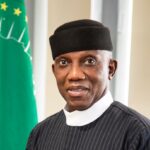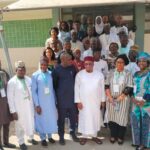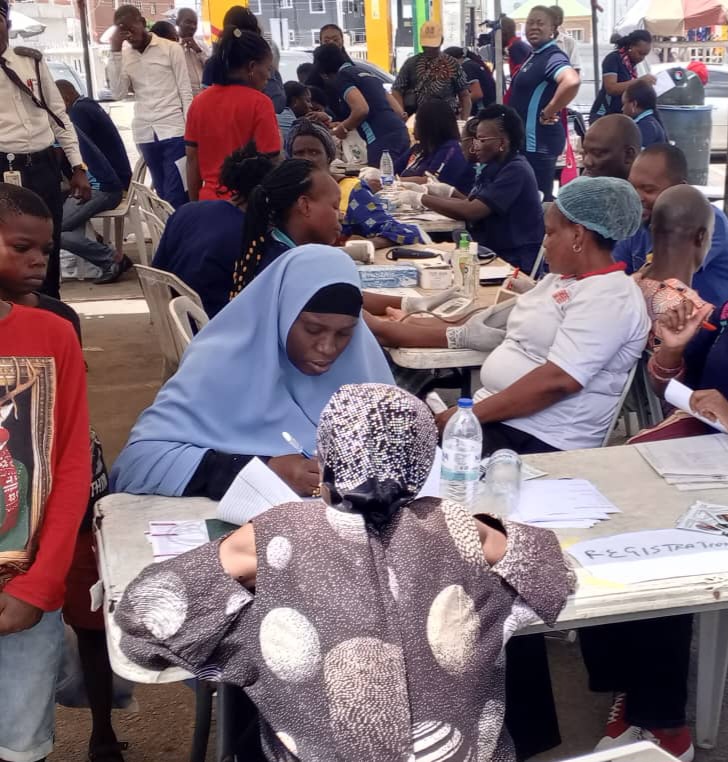Economic inclusion: FG pledges to support NIPR
By Collins Yakubu-Hammer The Minister of Information and National Orientation, Alhaji Mohammed Idris, has pledged the readiness of the Federal Government to support the Nigerian Institute of Public Relations (NIPR) in mobilising citizens for sustainable economic inclusion. Idris stated this at the opening ceremony of the Nigeria Public Relations WeekContinue Reading





















